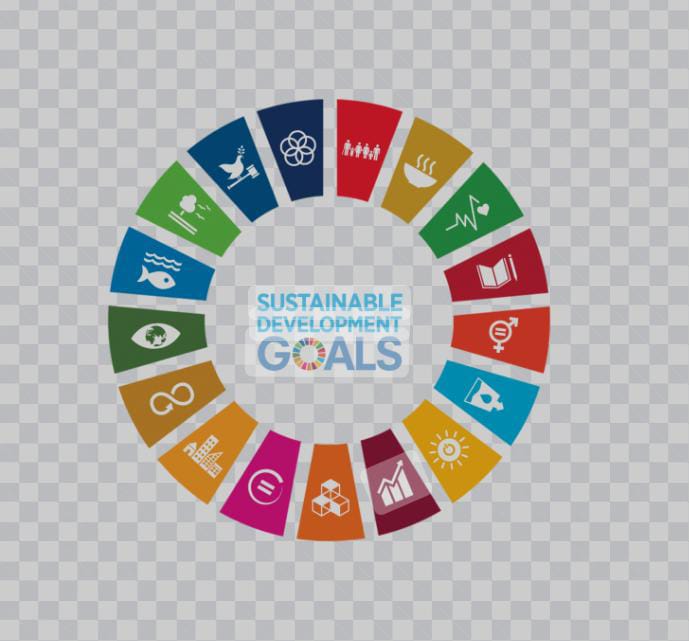The United Nation in 2015 established 17 Sustainable Development Goals (SDGs), a blue print to achieve a sustainable and better future for all by 2030.
Among them, Sustainable Development Goal 5 which concerns gender equality seeks to end all forms of discrimination, violence, and harmful practices that are against women and girls both in private and public spheres.
Kenya has had forums that have continued to champion the documentation of every milestone realized in the implementation of SDG 5 to complete the research cycle by identifying the existing barriers that prevent the realization of gender targets and in the recent.
A research was recently done by SDGs Kenya Forum in collaboration with Plan International to establish the gender gaps concerning the implementation of SDG 5 of the Agenda 2030.

It is noted that as much as counties are working towards developing gender policies, it has taken a lot of time to be realized. This is because there has been inadequate allocation in terms of human and financial resources where counties are only depending on the national legal and policy fame works.
The national government has, of course, invested in creating supportive legal policies and institutional frameworks but it becomes a challenge for counties to rely on them because of the nature of gender mainstreaming in that not one size fits all and so it becomes a challenge in different settings.
The developed policies at the national level do not give room for the participation of the stakeholders like allowing people to air their opinions first before developing the policies and so many of the drafts have been developed without their involvement.
It is noted that many counties have indeed established institutional frameworks for gender equality and empowerment but the gender departments remain incapacitated in terms of human and financial resources.
This now calls for Plan International and SDGs Kenya Forum to support the counties to develop gender policies and their costed action plans and monitor their implementation, facilitate capacity building of County Planning Units on the SDGs with a specific focus on the gender indicators and gender-responsive budget.
There is also a need to foster and strengthen the monitoring frameworks and mechanisms identified at the national and county level toward increased reporting on SDG 5 targets based on the agreed indicators.
The state Department for Gender and National Gender and Equality Commission (NGEC) should work closely with the Kenya National Bureau of Statistics (KNBS) by strengthening it to invest more in gender statistics data gathering at both the national and county level for effective reporting on SDG 5 because it can only be worked out based on evidence provided.
